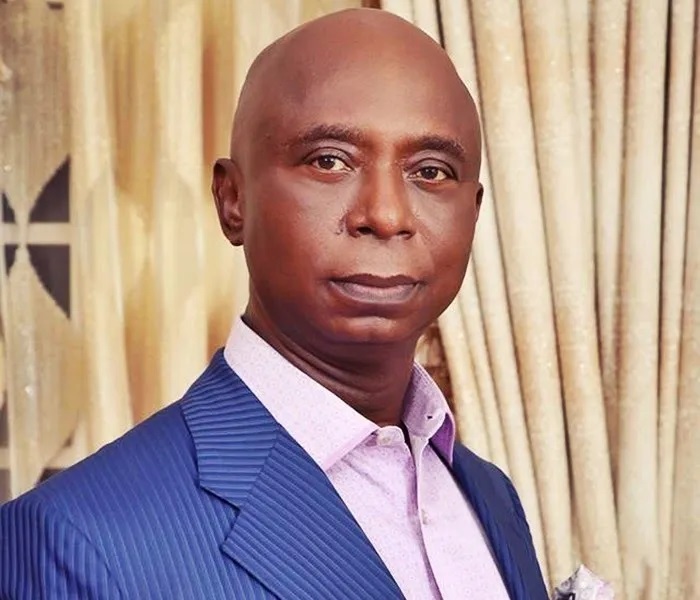Health
Ned Nwoko urges greater focus on malaria vaccine research in Africa

Mr Ned Nwoko, a former lawmaker and philanthropist has stressed the need for greater public-private sector synergy including multilateral agencies in the quest to tackle malaria in Africa.
Nwoke, founder of Malaria eradication in Africa programme, made the call an interview with our reporter on Wednesday in Abuja.
”It is imperative to tackle the menace of malaria in Africa by investing heavily on vaccine research, adding that his foundation had done a lot in that aspect.
”We have been engaging professors and some scientists within Nigeria and outside Nigeria; funding such researches. We must work towards discovering vaccines for malaria.
“There are vaccines for almost every other ailment, for instance, chicken pox, so why not malaria and what causes malaria, Is it not mosquitoes,” he said.
He said that mosquitoes breed in very dirty environments, adding that there was need to understand that “if we have clean environment, there will be less mosquitoes.”
He said that malaria could be eradicated by managing wastes properly, adding that waste management was critical to the eradication of malaria in Africa and Nigeria in particular.
He added that all wastes from homes, streets, offices, had to be collected properly and taken to recycling centres, adding that there must be recycling centres in every area and every part of Nigeria.
He said what was needed to do effectively was to have recycling plants if Africa must be free from malaria.
“I am proposing recycling plants in every senatorial districts in the country, there are 109 senatorial districts in Nigeria.
“Those plants will have three functions. The first one is the recycling of the basic items like papers, plastic, bottles and everything else recycle-able.
“You can imagine the number of jobs that can be created from that alone, from the collection to the recycling plant.
He added that the second would be an items called composite, adding that there were food items that could be transformed into fertilizers, manures for farmers.
He said that the third component of this plant, was to generate power.
“We are crying in Nigeria that we have no light. Nigeria is currently producing about 4,000mw.
“If we go along with what I am proposing, it means that those plants can produce 200mw, when you multiply that by 109 senatorial districts, you get about 21,000mw.
He said that it would be the solution to the country’s power problems.




 Davido's Net Worth & Lifestyle
Davido's Net Worth & Lifestyle 
